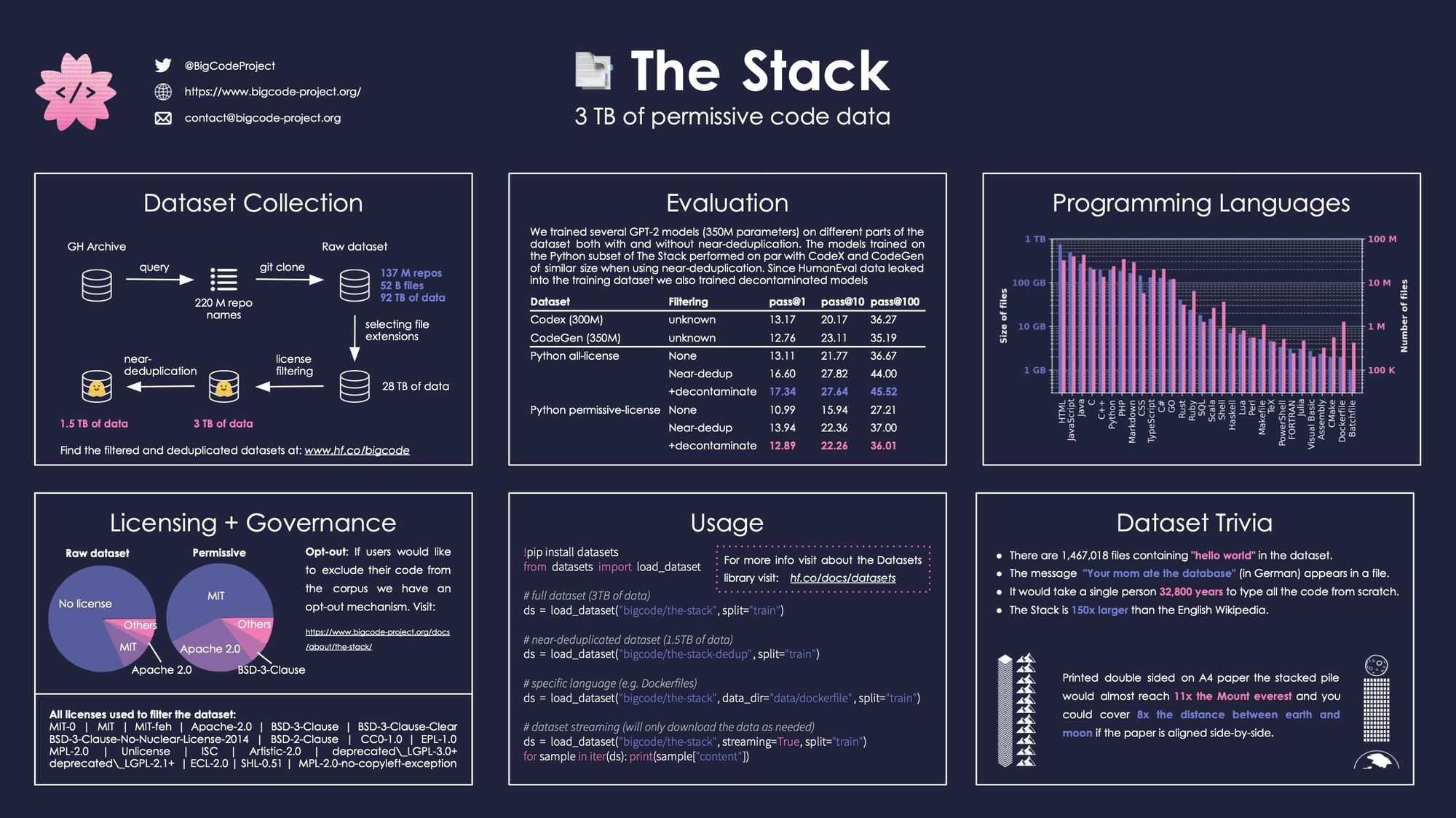Conversation, Summit & Anthropology -- 🦛 💌 Hippogram #18
I'm Bart de Witte, and I've been inside the health technology industry for more than 20 years as a social entrepreneur. During that time, I've witnessed and was part of the evolution of technologies that are changing the face of healthcare, business models, and culture in unexpected ways.
This newsletter is intended to share knowledge and insights about building a more equitable and sustainable global digital health. Sharing knowledge is also what Hippo AI Foundation, named after Hippocrates, focuses on, the democratisation of digital health technologies.
The Conversation
Most readers who follow me on Twitter or LinkedIn are probably already aware of this. In October we decided to change the conversation and launch an online social and intellectual exchange, as well as begin building a community geared on overcoming the biggest challenges to making open sourced medical AI a reality. We've been quite busy, which is why I'd like to apologize for not updating my newsletter.
The first Hippo AI Open Health Data and AI Summit will take place on December 1st and 2nd, and marks the beginning of our engagement in the conversation. Because we want to ensure that the conversations and lectures are easily accessible to as many individuals as possible, we have chosen to host an event online that will be streamed and is going to be completely free of charge (although donations are appreciated). We will discuss and analyse the impact of the new EU regulations and the European Health Data Space on open and democratized life-saving knowledge, our fundamental European right to healthcare and the core principle of solidarity.
And it should not be surprising that we will start the conversation differently. We open the summit with a very human- and societal central perspective. This is why along our main keynote speakers we welcome a Patient, a Professor of Antropologist and a Professor of Political Philosophy;
Prof. Shalini Randeria is an American-born Indian social anthropologist / sociologist who has been rector and president of the Central European University in Vienna since August 2021. Previously, she was Rector of the Institute for Human Sciences in Vienna and Professor of Social Anthropology and Sociology at the Graduate Institute for International and Development Studies in Geneva, where she also directed the Albert Hirschman Centre on Democracy. In Bremen, she has established a research group on "soft authoritarianisms" at the intersection of cultural studies, law and social sciences as part of the interdisciplinary research platform "Worlds of Contradiction" (WoC).
Prof Sharon Tamar, is the Chair of the Department of Ethics and Political Philosophy and co-director of the Interdisciplinary Hub for Digitalization and Society (iHub). Prof. Sharon specializes in Digitalization and Society and is an expert in the field of Political Philosophy. Her research is centered on the shift of traditional values that has occurred in the digital age. Her current work focuses on "the Googlefication of health," which refers to the increasing role that large tech companies are playing in health care and medical research.
Peter Kapitein Patient Advocate of Inspire2Live and co-founder of the Alpe d'huzes , a foundation that has raised over €175m for the fight against cancer. Peter connects patients, researchers and clinicians to further research, treatments and care. He organizes congresses, lobbies the matrix of public authorities, health care organizations, insurance companies and health research institutes.
Carlos Muñoz Ferrandis, from Hugging Face will shed light on the AI Act. Carlos is the lead Counsel at Hugging Face and has been a consultant for the OECD on AI governance and regulatory experimentation, where he continues to serve on OECD’s Network of Experts on AI. He was previously PhD researcher at the Max Planck Institute for Innovation and Competition, focusing on the interactions between open source and standards from an IP and competition law angle. Carlos is nowadays driving the efforts for the adoption of Responsible AI Licenses, he previously drove the licensing efforts at BigScience to release a multilingual Large Language Model, and currently drives licensing at BigCode, an open and collaborative research project (see bellow) led by Hugging Face and Service. He is also strongly focused on regulatory experimentation and AI sandboxes.
We will have fantastic debates with other open source specialists from Create Commons, the Open Source Initiative, and the Responsible AI License Initiative, as well as examine the problems of data and AI licensing. Examine the concept of data commons in greater depth and consider whether IP-protected data has a function in the European Health Data Space.
Additionally, I am looking forward to the conversation that will be led by Dr. Egge van der Poel very much. He adopts the medical nemesis, who is widely regarded as one of the most astute social critics writing today. Egge will focus on what he refers to as the "digital nemesis," which is an over emphasis on data in the healthcare industry.
We will further send updates, but we advise you to register as we will be sharing links and updates after the event.
You can register here!
Bart's Favourite Stories
Topics You Need To Know About
The Stack a 3TB Dataset
BigCode is an open scientific cooperation attempting to develop large language models for code in a responsible manner. Their Code LLMs enable the completion and synthesis of code /eg. Software Code) from other code fragments and natural language descriptions, and are applicable to a broad variety of domains, tasks, and programming languages. These models may, for instance, aid professional and amateur developers in the creation of new applications.
BigScience, an open scientific partnership that ended in July 2022 with the release of the World's Largest Open Multilingual Language Model called Bloom, is the inspiration for this project. The BigCode collective has recently unveiled “The Stack”, a 3 TB dataset of permissively licensed code in 30 programming languages. There is a form for opting out and a plan for data stewardship.

An Open Source Lawyer's view on the copilot class action lawsuit
A class-action lawsuit filed in the US District Court in San Francisco on behalf of potentially millions of GitHub users asserts that training an AI system on public GitHub repos violates the legal rights of creators who contributed code under open-source licenses. It is thought that this is the first class action lawsuit in the United States to challenge the training and output of AI systems. I expect that next to software code, we will see a similar case when it comes to the use of the healthcare data citizens share and contribute to training datasets for medical AI. It will not be the last; here is the opinion of an open source attorney on this case.
Was it useful? Help us to improve!
With your feedback, we can improve the letter. Click on a link to vote:
About Bart de Witte
Bart de Witte is a leading and distinguished expert for digital transformation in healthcare in Europe and one of the most progressive thought leaders in his field. He focuses on developing alternative strategies for creating a more desirable future for the post-modern world and all of us. With his Co-Founder, Viktoria Prantauer, he founded the non-profit organisation Hippo AI Foundation, located in Berlin.
About Hippo AI Foundation
The Hippo AI Foundation is a non-profit that accelerates the development of open-sourced medical AI by creating data and AI commons (e.q. data and AI as digital common goods/ open-source). As an altruistic "data trustee", Hippo unites, cleanses, and de-identifies data from individual and institutional data donations. This means data that is made available without reward for open-source usage that benefits communities or society at large, such as the use of breast-cancer data to improve global access to breast cancer diagnostics.
